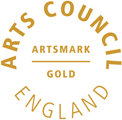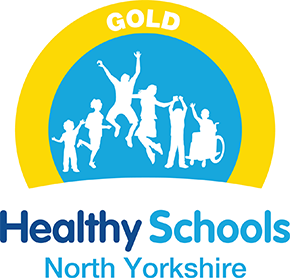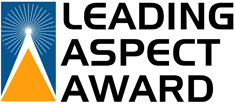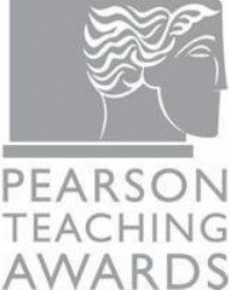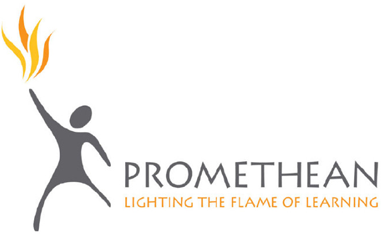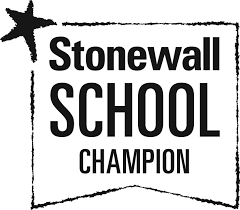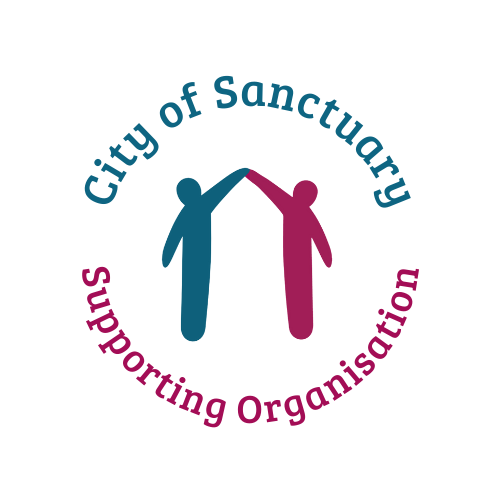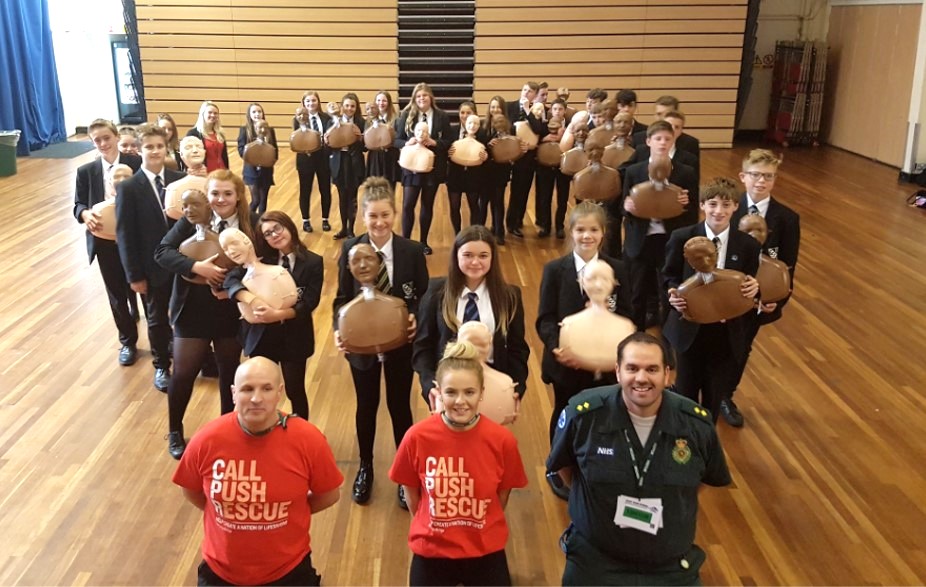 Life Development:
Life Development:
Subject Information Overview
Below is a visual overview of the content available on this page. Click the appropriate title to view the relevant section
Curriculum
Area Staff Curriculum
InformationCurriculum
Overview
Curriculum Area Staff
|
Michael Hainsworth |
Stephen Hawksworth |
Should you require more information about this subject area please contact:
Name: Mr M Hainsworth
Position: Director Values Curriculum
Email: mh2@selbyhigh.co.uk
Curriculum INFORMATION
The Values Curriculum is where students explore a range of valuable knowledge, personal skills & attitudes that need to be developed if they are to become a responsible, respectful and active citizen in a modern society. Students will develop a sense of personal responsibility and will develop an appreciation of the diverse society in which they live. They will also gain an understanding of the importance of maintaining a healthy, active lifestyle, and staying safe in a range of different contexts that they may experience in their daily lives.
The Values Curriculum is delivered across school under 5 key themes:
- Identity, equality and diversity
- RSHE: Relationships, health and sex education
- Future aspirations
- Active citizenship
- Health and well-being
Within Life Development lessons, aspects of our Values Curriculum are addressed explicitly with students, giving opportunity for in-depth class discussion, debate and to develop a depth of understanding, whilst considering different viewpoints in a respectful and tolerant way. Our one-page documents clearly show how each theme is addressed within Life Development lessons.
CURRICULUM OVERVIEW
Below is a summary overview of the topics and their content that will be studied in each term by each year group. For more information about each topic, get your child to visit learning journeys and resources on the school online learning platform - Ready Steady Learn.
| Year Group | Curriculum Sequence | ||||
| 7 |
Personal Wellbeing and Mental Health |
Physical Health and Wellbeing |
Relationships, Sex and Health Education |
Social Education (incl. Citizenship) |
Personal Well-being and Mental Health |
| Knowledge |
Feelings and emotions relating to starting secondary school, road safety and risk mitigation on the journey to & from school, new friendships, emotional and physical state management, peer pressure, alcohol and drugs, nicotine and vaping |
The importance of exercise, sleep, nutrition, personal hygiene and links to physical and emotional health; the process of puberty, physical and emotional changes; myths and taboos around menstruation, different forms of period products, the impact of some forms of period products on the environment, period poverty. |
Myths, facts, rights and responsibilities around sex; elements of healthy and unhealthy personal relationships; personal space; the concept and importance of consent; the law surrounding creating, possessing,and sending nude images. |
Elements of the history of multicultural Britain; parliament and political parties; how laws are made - from bill to statute; children's rights - the United Nations Rights of a Child; diversity in contemporary Britain; the notions of prejudice and stereotyping, their impact; the notions of radicalisation and extremism, their warning signs and what to do. |
Definition and types of bullying; consequences of bullying for the victim(s) and perpetrator(s); how to take action - being an active upstander; recognising and managing emotions; managing grief; divorce and separation. |
| Skills | Key Skills developed, embedded, practised and consolidated in Life Development include: comparison, written evaluation, speaking and listening, empathy and understanding of the personal perspectives of others, recognising risks and pressure, management and mitigation of personal risks including peer and personal pressure, self-care and self-soothing strategies, emotional resilience, recognising own personal qualities, strengths and weaknesses. | ||||
| Assessment details |
In Life Development, students’ knowledge and understanding of key concepts is regularly assessed using online assessments. Where appropriate, key pieces of written work are also assessed. |
||||
| 8 |
Personal Wellbeing and Mental Health
|
Relationships, Sex and Health Education |
Social Education (incl. Citizenship) |
Physical Health and Well-being |
Personal Well-being and Mental Health |
| Knowledge |
Different elements of our identity, the impact that they have on us as a whole, including ethnicity and gender; anxiety and feeling nervous, the difference between them and strategies for coping; the concept of physical and emotional attraction; integrity and apologising. |
Managing healthy relationships with friends and family; healthy and unhealthy rivalries, their elements and effects; bullying - types, strategies for coping; online safety. |
Speaking and listening appropriately including the difference between aggressive, manipulative and assertive speech; being a good neighbour. |
First aid - burns, scalds, choking, CPR, cuts and grazes ; drugs and substance misuse - types, effects and the law; nutrition and healthy eating. |
Budgeting and pocket money; leisure time. |
| Skills | Key Skills developed, embedded, practised and consolidated in Life Development include: comparison, written evaluation, speaking and listening, empathy and understanding of the personal perspectives of others, recognising risks and pressure, management and mitigation of personal risks including peer and personal pressure, self-care and self-soothing strategies, emotional resilience, recognising own personal qualities, strengths and weaknesses. | ||||
| Assessment details | In Life Development, students’ knowledge and understanding of key concepts is regularly assessed using online assessments. Where appropriate, key pieces of written work are also assessed. | ||||
| 9 |
Personal Wellbeing and Mental Health |
Relationships, Sex and Health Education |
Social Education (incl. Citizenship) |
Physical Health and Wellbeing |
Social Education |
| Knowledge |
Adolescence; Being Responsible; Managing emotions including fear, stress, and anxiety. |
Close Relationships, elements of healthy and unhealthy relationships including domestic abuse or violence; consent and pressure - strategies for coping; sexual health, contraception and STIs; child abuse; online safety and sexting. |
Different forms of laws in the UK and how they are made; UNRC and children's rights; attitudes, rights and responsibilities when dealing with the police; forms of democracy including direct and indirect; UDHR, human rights; types of pressure groups; laws, rights and responsibilities surrounding organ donation; disabilities, learning differences and special educational. |
Types, effects and laws surrounding recreational drugs and new psychoactive substances; mobile phone addiction and strategies to deal with it; Body care; Tattoos & Piercings - the history, culture and laws. |
The history and legacy of racial injustice; the concepts of justice, equality & equity - their similarities, differences; different forms of protest and how people seek justice including case studies of Black Lives Matter and the Stonewall Riots. |
| Skills |
Key Skills developed, embedded, practised and consolidated in Life Development include: comparison, written evaluation, speaking and listening, empathy and understanding of the personal perspectives of others, recognising risks and pressure, management and mitigation of personal risks including peer and personal pressure, self-care and self-soothing strategies, emotional resilience, recognising own personal qualities, strengths and weaknesses. |
||||
| Assessment details |
In Life Development, students’ knowledge and understanding of key concepts is regularly assessed using online assessments. Where appropriate, key pieces of written work are also assessed. |
||||
| 10 |
Personal Wellbeing and Mental Health |
Physical Health and Wellbeing |
Social Education (incl. Citizenship) |
Relationships, Sex and Health Education |
Future Aspirations (Employability) |
| Knowledge |
Introduction - Why PSHCE; Building confidence; Self-esteem; Mindfulness; Mental health; Getting help & giving advice. |
Drugs, addiction & the Law; Heroin & cocaine; Impact & County Lines; Alcohol: the facts; Alcohol: risks & alcoholism; Safety at parties. |
Fake news; Radicalisation; Online reputation & digital footprints; Grooming; Culture Wars. |
Understanding gender; Influences to sexuality & gender; Consent & the Law; Sex, contraception & STI’s; Pregnancy; Choices - abortion; Teen parent. |
Age of responsibility; Making appropriate choices; Employability; Planning a CV; Writing a CV; Responsibilities in the workplace; Local opportunities; Consumer rights; Preparing for work experience. |
| Skills |
Key Skills developed, embedded, practised and consolidated in Life Development include: comparison, written evaluation, speaking and listening, empathy and understanding of the personal perspectives of others, recognising risks and pressure, management and mitigation of personal risks including peer and personal pressure, self-care and self-soothing strategies, emotional resilience, recognising own personal qualities, strengths and weaknesses. |
||||
| Assessment details |
In Life Development, students’ knowledge and understanding of key concepts is regularly assessed using online assessments. Where appropriate, key pieces of written work are also assessed. |
||||
| 11 |
Throughout Year 11, students will participate in lessons related to all 5 areas of the Values Curriculum - Personal Health and Well-being; Relationships, Sex and Health Education; Future Aspirations; Active Citizenship; Identity, Equality and Diversity. The lessons are sequenced to ensure timely delivery of topics in line with the students’ journey through the school. For example, sessions on exam stress are delivered before the series of mock examinations in November |
||||
| Knowledge |
Topics covered during Y11 lessons includes (but is not limited to):
|
||||
| Skills |
Key Skills developed, embedded, practised and consolidated in Life Development include: comparison, written evaluation, speaking and listening, empathy and understanding of the personal perspectives of others, recognising risks and pressure, management and mitigation of personal risks including peer and personal pressure, self-care and self-soothing strategies, emotional resilience, recognising own personal qualities, strengths and weaknesses. |
||||
|
Assessment details |
In Life Development, students’ knowledge and understanding of key concepts is regularly assessed using online assessments. Where appropriate, key pieces of written work are also assessed. |
||||
Assessments are regularly scheduled to check students' knowledge and understanding of the curriculum topic areas. These assessments are designed to identify any misconceptions students may have and are used to inform further planning of the curriculum.

